Most FMCG and Consumer Packaged Goods (CPG) companies already have cost saving initiatives running to find areas to improve efficiency or be focusing on New Product Development to keep up with changing consumer behaviours. We believe a universal cross functional approach to transformation will unlock opportunities for growth and offer a more holistic approach to change. Your operating model must be aligned to the ambitions for transformation.
The trigger depends on your vision and objectives for success. All consumer goods organisations are different and one size does not fit all. For some organisations there may be an imminent need to reduce costs and drive efficiencies. For others, your current technology might not be meeting the demands of your consumer or enabling omnichannel sales and capitalising on new routes to market. You might be losing out to competitors and need to address consumer experience. Other organisations transform due to a pressing need for cultural change, due to organisational redesign.
We believe that identifying benefits at the start of any programme is an integral part of the design. Scoping the vision should be done early on and metrics should be set up to make sure the outcomes and benefits are measured. At Nine Feet Tall, we design solutions with implementation in mind, so you can have confidence the benefits are realistic and achievable.
Resistance to change is problematic across most sectors. In fact, 75% of businesses struggle to land transformation programmes effectively because they underestimate the impact of change and do not have a change management strategy. Having a clear purpose and winning the hearts and minds of your people helps maintain a positive culture and can aid successful digital adoption.
Consumer goods are everyday products that people purchase and use regularly, such as food, beverages, clothing, household items, and personal care products. These goods are designed to meet the needs and wants of consumers, providing them with convenience, comfort, and enjoyment. Fast-moving consumer goods (FMCG) are a type of consumer good that has a short shelf life and are quickly replaced or consumed, such as groceries, snacks, and cosmetics.
Consumer goods companies are businesses that produce, distribute, and market these products to consumers. They focus on creating brands that appeal to specific customer segments and deliver value through quality, innovation, and affordability. Successful consumer goods companies have strong supply chains, effective distribution networks, and engaging branding strategies that connect with their target audience.
In today’s competitive marketplace, consumer goods companies must stay agile and responsive to changing consumer preferences and trends. They invest heavily in research and development to create new products and improve existing ones, while also focusing on sustainability and ethical practices throughout their operations. By doing so, they build trust and loyalty among their customers, ultimately driving growth and profitability for their business.
The fast-moving consumer goods (FMCG) industry is a dynamic and rapidly evolving sector that includes a wide range of products that are used by consumers on a daily basis. FMCG companies produce, distribute, and market these goods, which include food, beverages, personal care products, cleaning agents, and other household items. The industry is characterised by high volume sales, rapid inventory turnover, and intense competition.
Consumer goods companies operating in the FMCG space must be agile and responsive to changing consumer preferences and trends. They invest heavily in research and development to create innovative products that meet the diverse needs of their customers. Effective supply chain management and efficient distribution networks are critical success factors in the FMCG industry, as companies need to ensure that their products are available when and where consumers want them.
The FMCG industry is highly competitive, with many large and small consumer goods companies vying for market share. To differentiate themselves, companies often focus on building strong brands that resonate with consumers and create loyal customer bases. In recent years, there has been a growing trend towards sustainable and eco-friendly products, and FMCG companies are responding by introducing environmentally friendly packaging and production methods. Overall, the FMCG industry plays a vital role in meeting the everyday needs of consumers and will continue to be an important driver of economic growth and job creation.
Capital goods and consumer goods are two distinct categories of products that serve different purposes in the economy. Consumer goods are products that are purchased by individuals or households for personal use, such as food, clothing, electronics, and appliances. These goods are typically durable and have a long lifespan, meaning they do not need to be replaced frequently.
On the other hand, capital goods are products that are used by businesses and organisations to produce other goods and services. Examples of capital goods include machinery, equipment, vehicles, and buildings. These goods are essential for businesses to operate efficiently and effectively, but they are not directly consumed by individuals.
Fast moving consumer goods (FMCG) are a subcategory of consumer goods that have a short shelf life and are quickly replaced or consumed, such as groceries, cosmetics, and cleaning supplies. Consumer goods companies that specialise in FMCG products focus on producing a wide range of products that meet the daily needs of consumers. In contrast, companies that produce capital goods focus on manufacturing products that can help businesses increase productivity and efficiency. Understanding the differences between these types of goods helps businesses make informed decisions about what products to produce and how to market them effectively.




